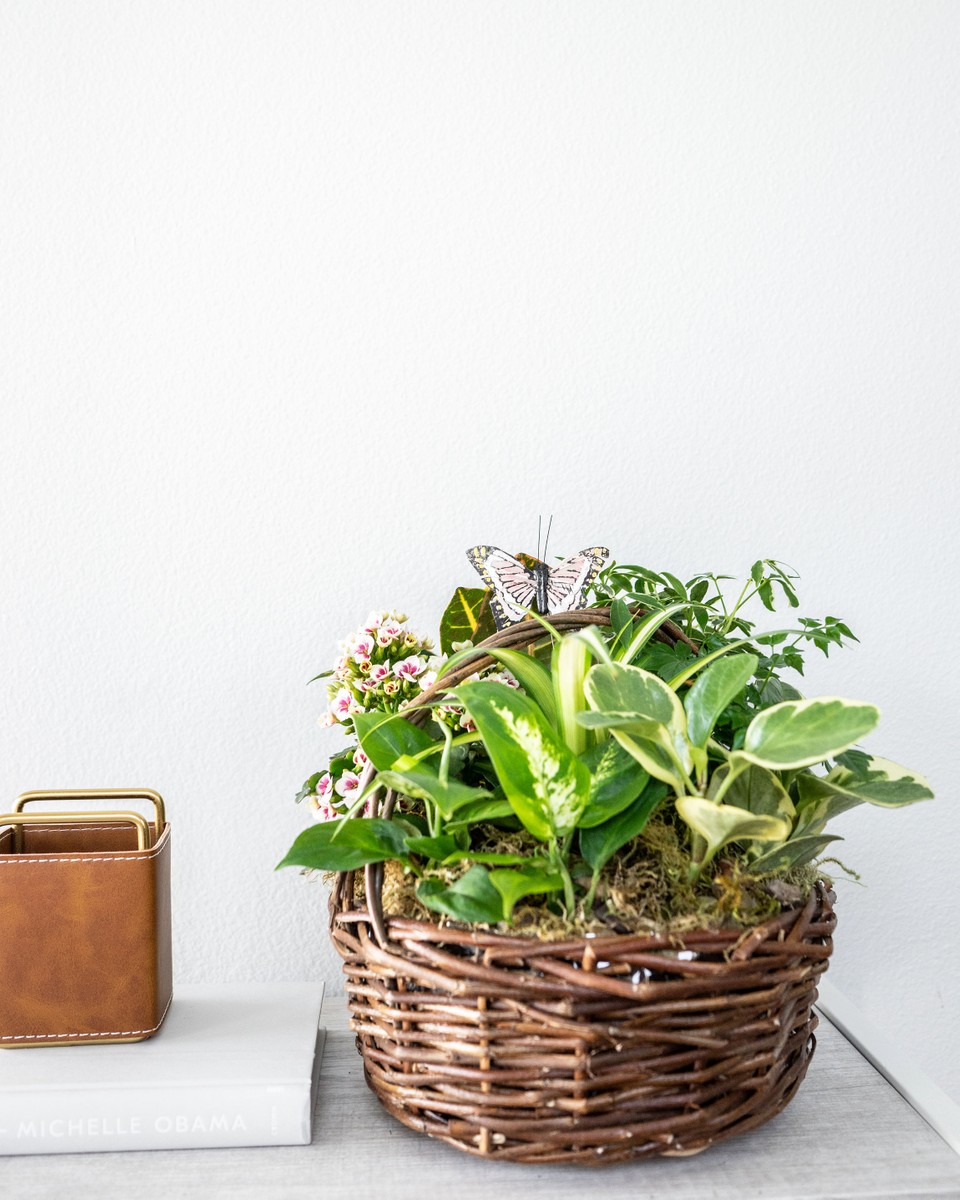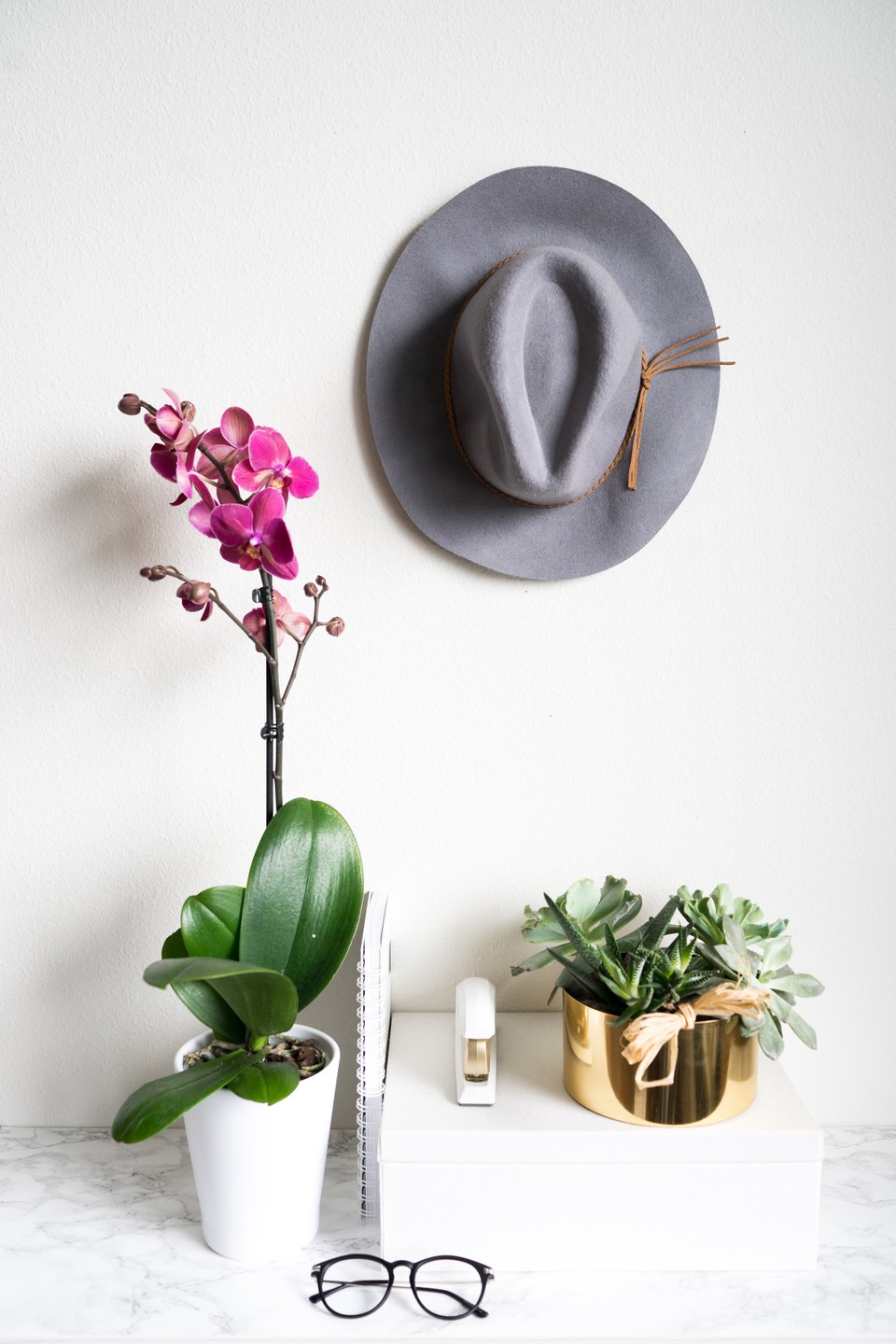Many modern homes contain some air pollutants. According to Science Daily, there are several common volatile organic compounds found indoors that are harmful to humans. A few of these air toxins include xylene, benzene, heptane, hexane and formaldehyde.
Fortunately, nature can help you keep everyone inside safe. Indoor plants have the power to absorb toxins from the air.
Take a few moments to read and learn about a few different indoor air purifying plants and what they do to help keep indoor air safe for everyone to enjoy.
Spider Plants
Spider plants make a great addition to any home, as they are small, attractive, unobtrusive and low-maintenance. In terms of battling toxins, spider plants are highly effective at removing formaldehyde, toluene, and xylene from the air.
Dracaenas
Healthline recommends several plants from the dracaena family. The most popular types of these attractive plants include the Red- edged dracaena, Janet Craig dracaena, Cornstalk dracaena and Warneck dracaena.
Dracaenas are useful in eliminating a huge array of toxins that include benzene, formaldehyde and trichloroethylene.
These beloved houseplants do come with a firm caveat to dog and cat owners to keep the plants out of reach since they are toxic when ingested.
Otherwise, dracaenas require low moisture and medium sunlight.
Gerbera Daisies
Gerbera daisies are not just aesthetically pleasing plants that feature beautiful flowers. They are also approved by NASA as the best indoor air purifying plants, filtering out toxins like trichloroethylene, benzene and formaldehyde.
Outside of its need for ample sunlight, the Gerbera daisy requires little care and maintenance.
Golden Pothos
This detoxifying plant is going to need plenty of space to grow and work its magic. Also commonly known as devil's ivy, golden pothos can grow up to eight feet high, so keep that in mind. Otherwise, basic care is simple since watering is only required if the soil is dry.
The healthy growth and indomitable nature of devil's ivy is worth the effort. This hearty plant removes common indoor air pollutants like carbon monoxide, benzene, toluene, xylene and formaldehyde.
Pet owners need to keep dogs and cats away from the golden pothos.
Boston Fern
The Boston fern is a household plant classic. These plants are beautiful and often seen in hanging baskets or billowing from shelves.
The fern is known for its ability to remove toxins like toluene, xylene and formaldehyde.
Requiring indirect light and humidity in the plant's immediate area, Boston ferns are relatively low-maintenance otherwise, outside of regular watering.
Additional Ideas to Keep Air Fresh at Home
Plants are a natural and beautiful way to help remove indoor air pollutants, but they might benefit from the addition of air filters, decreased air humidity, frequent cleaning.
Benefits abound with people experiencing improved mood and productivity, less fatigue and stress, and better memory and concentration.


